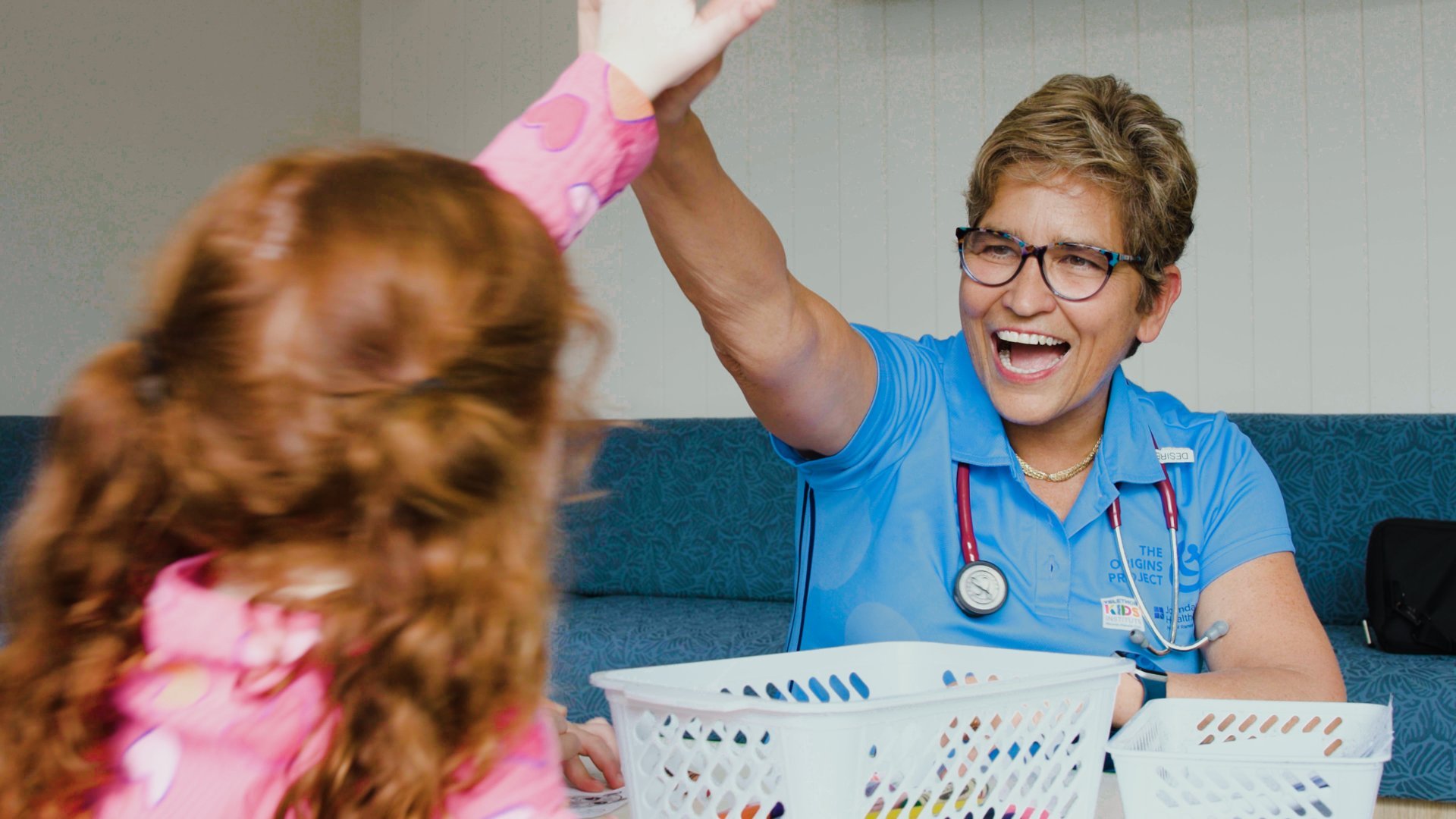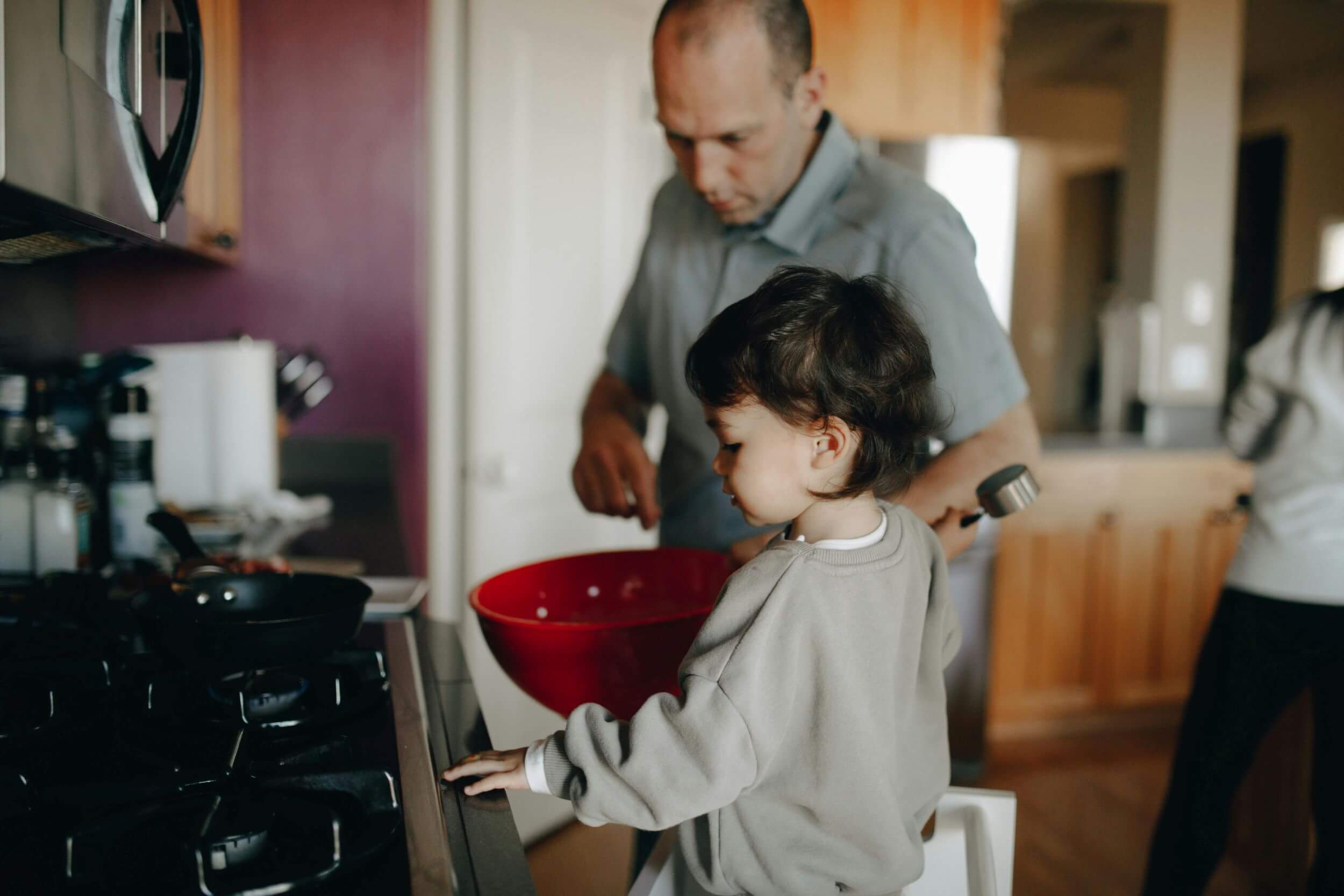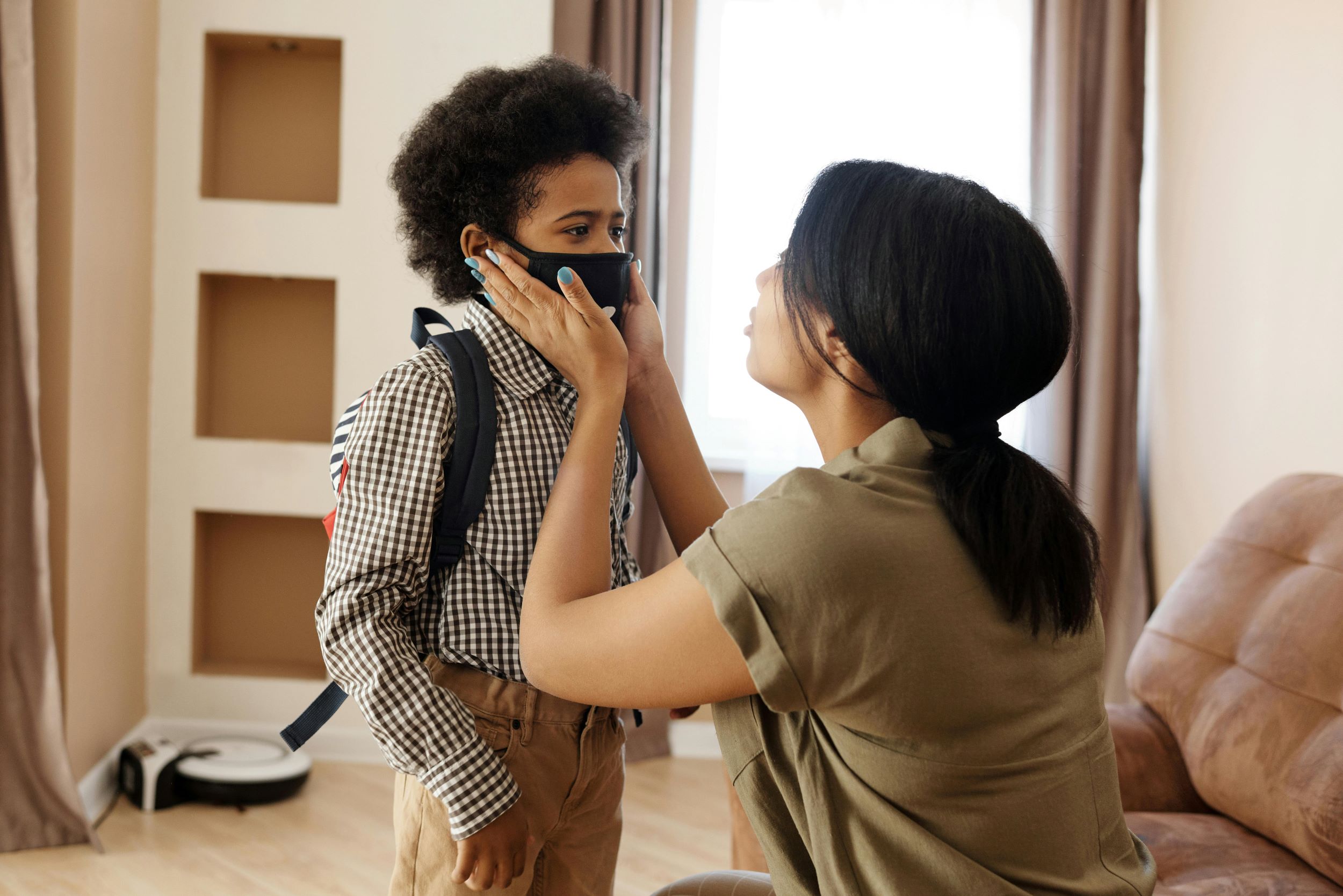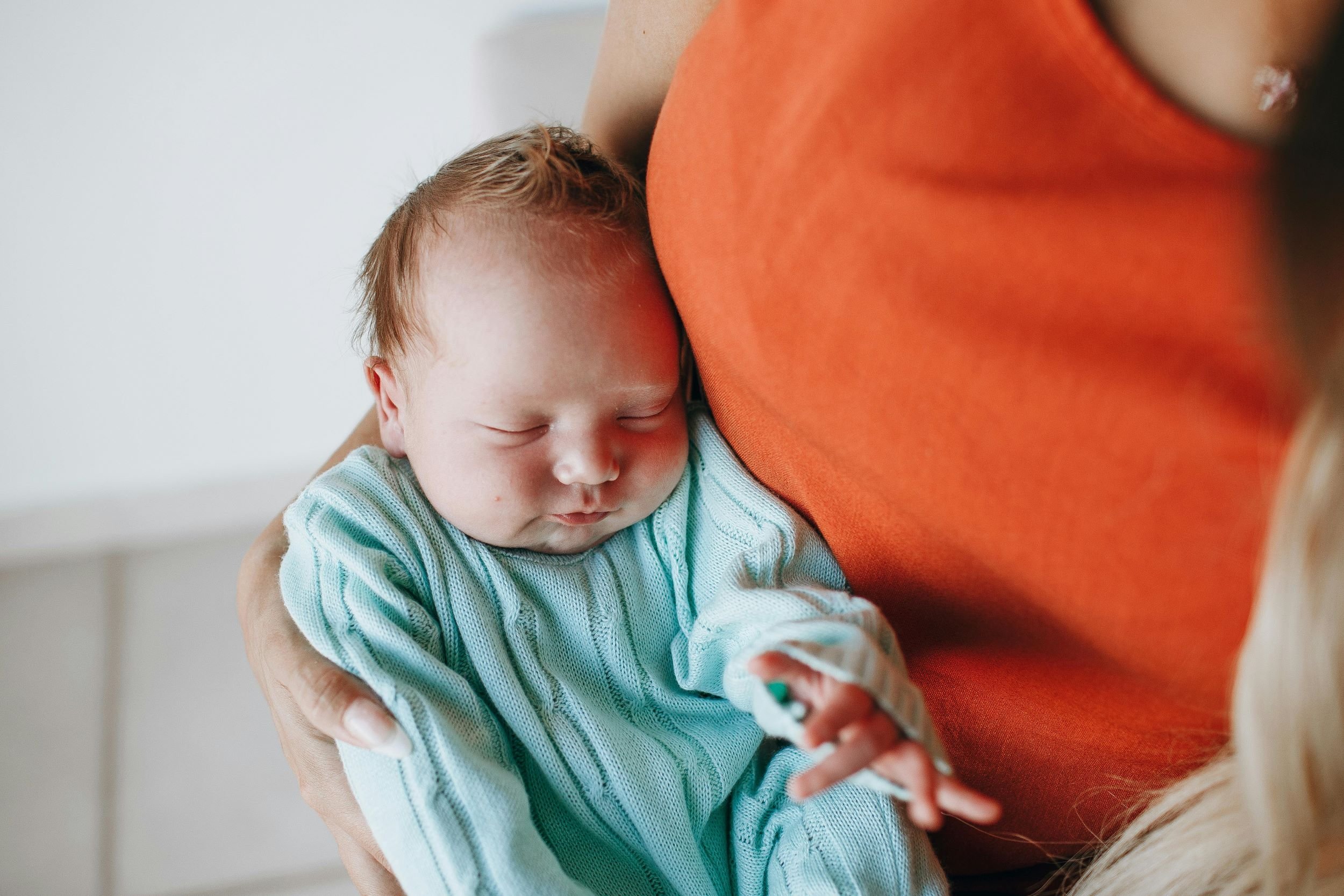Search

News & Events
Research Australia: Low iron link to kids' mental health and behaviour issuesRead our contribution to Research Australia's INSPIRE magazine in their 'Prevention' edition.

This project aims to investigate the impact of a non-severe burn injury on children's health for life.

Assessing the virus transmission, immunity development and wellbeing of families during COVID-19

This study explores the role of infant sleep in early childhood development.
Find out more about the activities and highlights of ORIGINS.

Strengths-based, tiered, accessible, resources and supports (STARS) for Kids for parent, carers and their children.

Examining the pathways of perinatal maternal mental health that influence child mental health outcomes.

News & Events
Anaesthesia, suicide prevention and rare disease research supported by Telethon 2022The generous support of West Australians through Channel 7’s Telethon Trust will help support vital child health research at The Kids Research Institute Australia in 2023.
Research
Mitochondrial damage in muscle specific PolG mutant mice activates the integrated stress response and disrupts the mitochondrial folate cycleDuring mitochondrial damage, information is relayed between the mitochondria and nucleus to coordinate precise responses to preserve cellular health. One such pathway is the mitochondrial integrated stress response (mtISR), which is known to be activated by mitochondrial DNA (mtDNA) damage. However, the causal molecular signals responsible for activation of the mtISR remain mostly unknown.
Research
A scoping review of trans and gender diverse children and adolescents’ experiences of physical activity, sport, and exercise participationThis study investigated the potential of using SARS-CoV-2 viral Increasing young people's physical activity, along with their motivation and confidence to be active, is widely advocated for supporting desirable health outcomes. Trans and gender diverse (henceforth; trans) young people experience significant physical activity-related barriers compared to cisgender (i.e., an individual for whom gender identity and sex presumed at birth are in alignment) peers.
